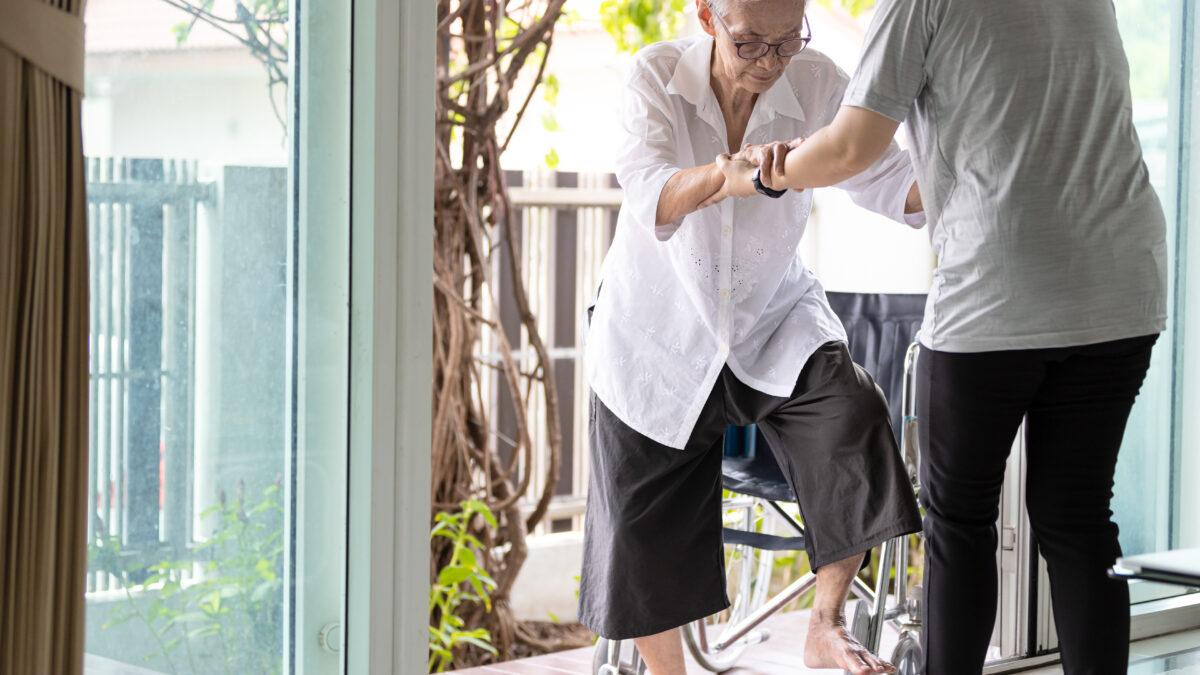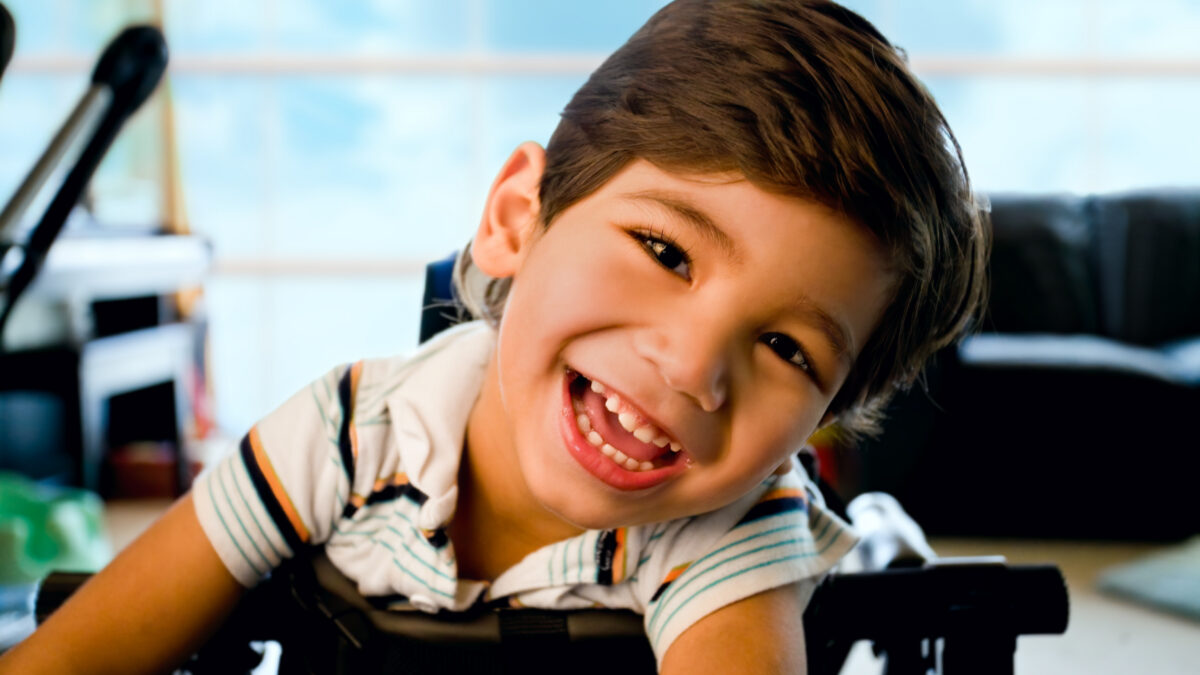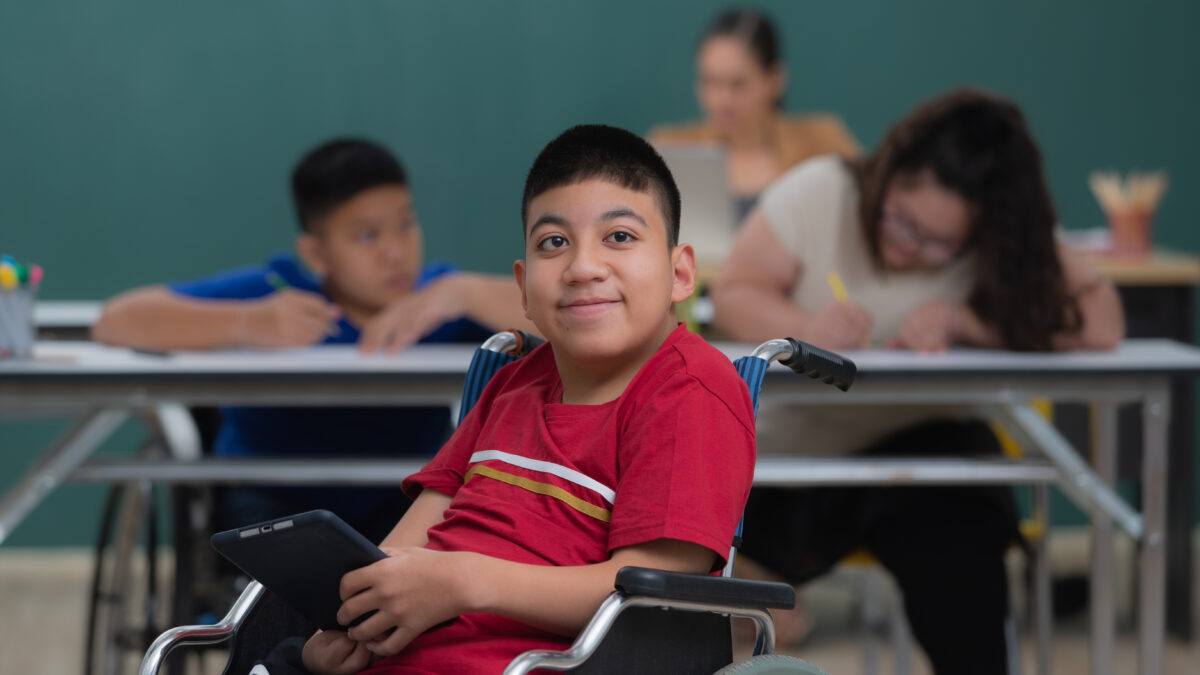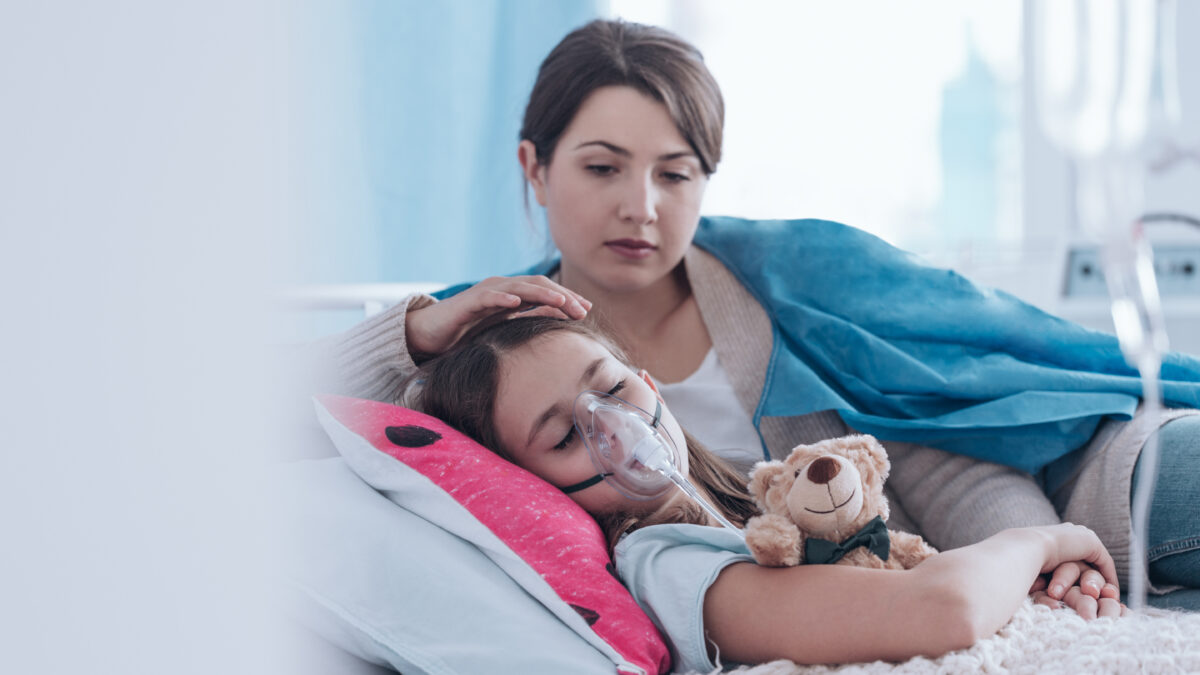For individuals with movement disorders, which can include a mix of motor, cognitive and emotional challenges, daily living can rely on the support of family caregivers. Each November, National Family Caregivers Month offers a timely opportunity to highlight the essential role that family members play, most of them without medical training, in providing indispensable aid to patients. Those who support loved ones navigating Parkinson’s disease, Huntington’s disease, Friedreich’s ataxia and other complex neurological disorders deserve our recognition.
The Quiet Power of Dedicated Caregivers
Caregivers often step in to assist with mobility, medication management, transportation and other crucial tasks for those living with movement disorders. Because disease progression may be unpredictable, caregiver involvement also serves as a grounding and orienting force, helping patients to track their symptoms and communicate with medical professionals. Emotional reassurance is especially needed, as these conditions challenge patients’ independence and impact their mental health.
Assistance Makes a Difference
The symptoms of movement disorders can make everyday tasks overwhelming, especially as symptoms advance. Fear and frustration can be calmed by connection with caregivers, and the daily routines that preserve dignity and quality of life. Caregivers’ advocacy and encouragement is vital to the ecosystem of movement disorder communities.
Strengthening the Caregiving Network
The role of a caregiver is demanding. For family-based care to be sustainable, respite services can be used to prevent burnout and augment capabilities. Programs such as the National Respite Locator Service help families identify local resources, and encourage community knowledge about specific conditions and their challenges. Taking time for self-care and recharging allows family members to continue providing reliable care over time.
The movement disorder community depends on caregivers’ resilience. Supporting them with recognition, rest and resources strengthens care for everyone impacted by these conditions.




